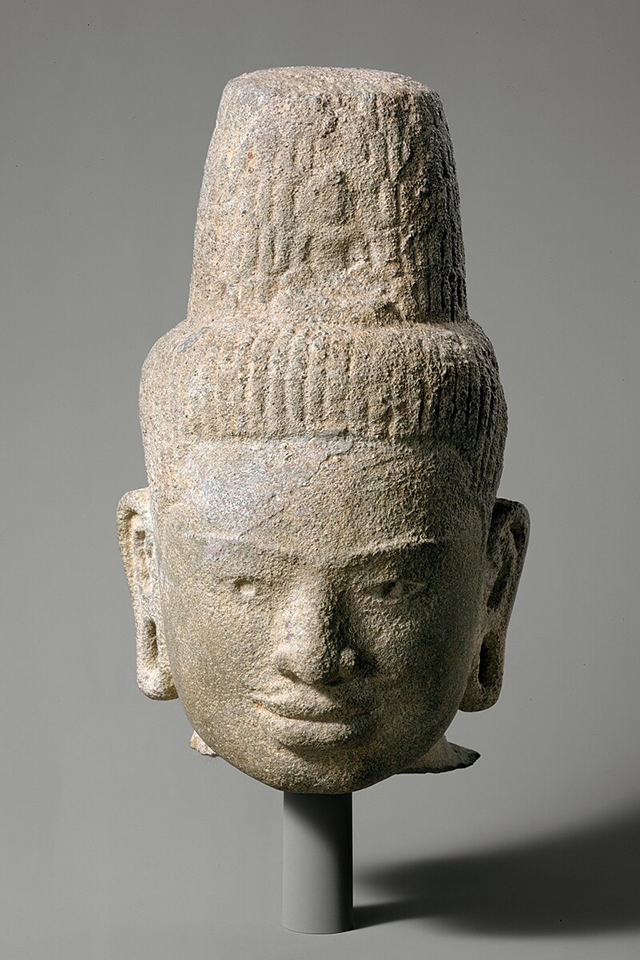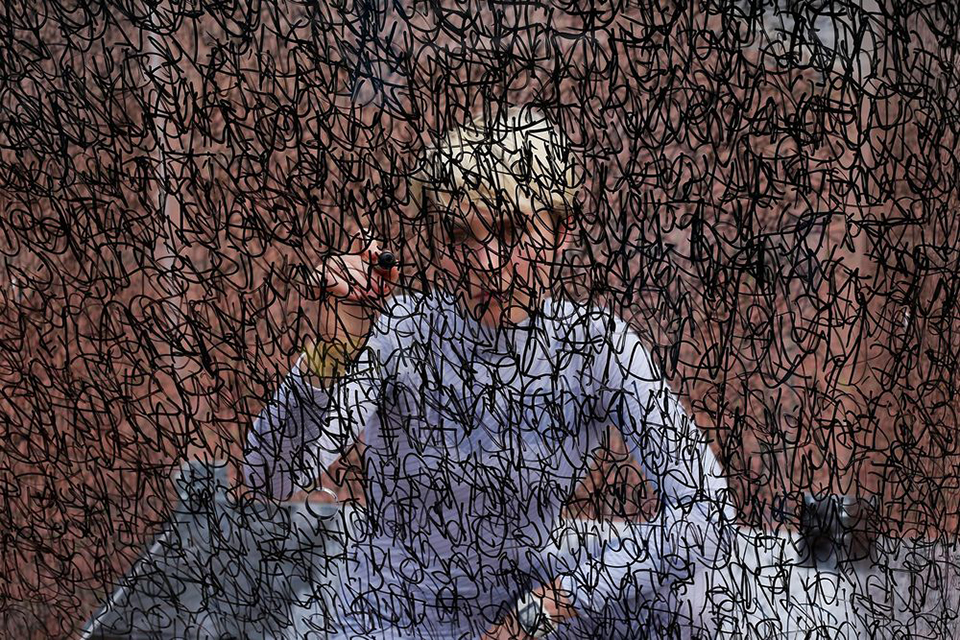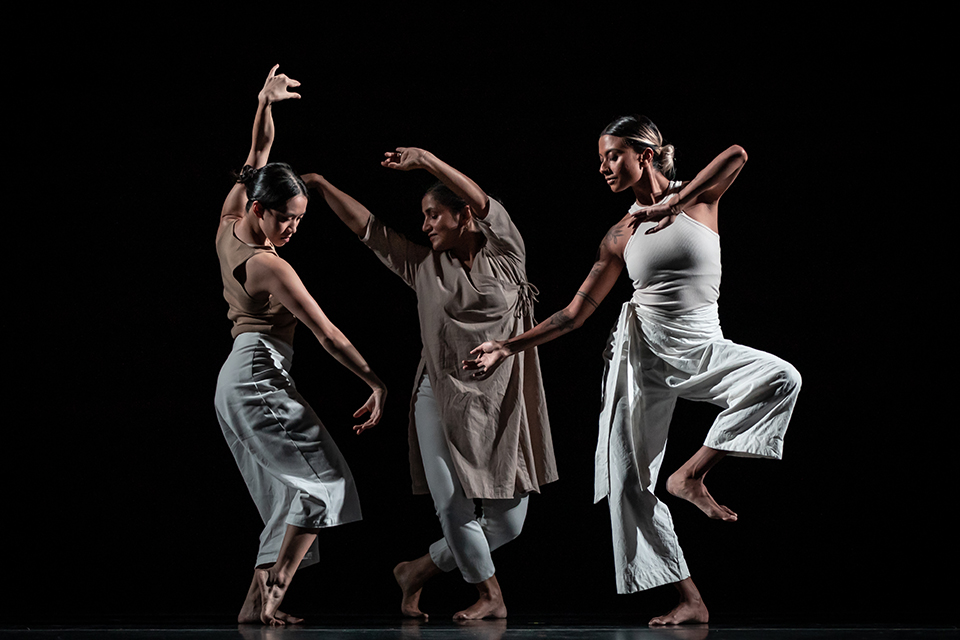Resources for Additional Learning, Research, and Action
by Cherif Keita
The jali holds many roles as a storyteller and entertainer par excellence. Many African writers and filmmakers reference them as the source of their artistic inspiration. This article gives you a glimpse of the role of the griot as a counselor to the community. When misfortune comes, that is when the wordsmiths become the consolers who help community mourn. More than often, they draw on the highest registers of Mande speech, Ancient Words (kumakòrò)/Paroles anciennes.
This past weekend, I was informed of the accidental death of a younger cousin, a brother, in the African sense. Although our family ties were very close, I did not get a chance to know him well. I knew that he was an important pillar of the family and of his community: he was a well-known hunter, like all males in my maternal lineage; he was a diviner, a traditional healer of great renown and a wise advisor to many. I definitely got that sense from our infrequent meetings in Mali. As I deeply lament his passing, I sincerely wished I had known him better.
Along with the sad news of his death, my family sent me a video clip of one jalikè (a male griot), Alou Diabaté, playing his ngoni and composing an elegy to my departed cousin Badian Bagayoko (of my maternal family). Diabaté is very close to my family; he knows our genealogy and he is able to weave that knowledge into his composition. That is what differentiates a true practitioner of jaliya from the opportunists who use words and songs to extort money from their patrons [Think about the contrast between Djéliba and the urban griots who sing at urban weddings, as in the film "Keita: The Heritage of the griot"(Dani Kouyaté). The words of the elegy say something like this (my translation):
Living your life in fear of death brings you nothing but shame,
No man wants shame; no woman wishes to suffer.
Here goes Badian, in the footsteps of Nanyakale Jungu,
Badian is walking on the path of Surumè and Nfali!
His fathers, all seven, are sleeping in their graves.
He is on his way to join them.
Badian, son of Nanyuma, the daughter of KaniMakan and Kanikè Wura from Kamalé.
Badian is following Tenemakan of the light complexion,
Badian is on his way to join Bòbò also, the son of Nyumadjè.
Mari the small, Mari the big, Fere Jara, Fasara
Solon Bila, Bayan Bila, Balimakana bila, Kuntèkuruma ani fenjugu faga,
Nògòya Musa ani gèlèya Musa, Takini bula, Takini Musa sibonson!
He descended from all those!
Badian is going to be reunited with his aunts,
Dendè is one of them. He will surely meet her there, the daughter of Surumè,
Domantèkè Bagayoko.
Since news of the death broke, Lancéni has known neither rest nor sleep or food.
MoriMakan Bagayoko, the son of Badian's older brother, has known neither rest nor sleep or food.
We are on our way to commit Badian to the care of his glorious ancestors.
Badian, the younger brother of Chérif, of Salif and Lancéni. O Lord!
Truly MoriMakan's father, Badian, is on his way to join his forebears.
May he find rest among them! May he rest in peace!
Audience response: Amina!
May our road be safe, going and coming!
Audience response: Amina!
May Allah grant longevity to the children he left behind!
Audience response: Amina!
In the name of Allah and of His Prophet Muhammadou, Salalahou wa Salam!
An analysis of this short poem reveals the dynamics of personhood, mògòya [ubuntu, for Bantu cultures] in ancient African philosophy and ethics: death is viewed as the moment when the person [mògò], who has spent a lifetime affirming himself or herself as an individual by acquiring a tògò, personal name, is brought back into the collective, the world of the ancestors, who hold the key to the capital that is passed down to posterity. The etymology of the word tògò is tó nkò, what you leave behind when you depart from this world; as you leave this world, whatever you have accumulated stays behind you and stands as a symbol of your personal contribution to the collective heritage or fasiya. The latter element of your personhood is your clan name or jamu, the collective attribute or the heroic legacy passed down from generation to generation. In Mande oral culture, praise-singing is called majamuli, the fact of reciting the heroic attributes of individuals and of their forebears.
The approach to mourning seen here diverges from that of Islam and Christianity, which places an emphasis on death as a return to the Creator, God or Allah. Here, it is the return to the world of the Ancestors that is the main focus of this human-centered philosophy of existence.
- Dani Kouyaté, Keita: The Heritage Of The Griot. Available at the Brandeis Library.
- Schiano, Jean-François, Djingarey Maïga, Music of Mali - Part 2: The Messengers. Paris, Ile-de-France: Qwest TV, 1988.
- Souleymane Cissé, Yeelen.
- Djibril Tamsir Niane. Sundiata: An Epic of Old Mali. translated by J.D. Picket Longman, 1970.
- Bamba Suso and Bann Kanute, Sunjata. Penguin Classics, 2000
- David Conrad, Sunjata: A New Prose Version. Hackett Publishing.
- Austen, Ralph A. In Search of Sunjata : The Mande Oral Epic as History, Literature and Performance. Bloomington: Indiana University Press, 1999.
- Nubia Kai, Kuma Malinke Historiography: Sundiata Keita to Almamy Samori Toure. Lanham, MD: Lexington Press, 2014.
- David Wisniewski, Sundiata: Lion King of Mali. Clarion Books, 1992
- Will Eisner, Sundiata: A Legend of Africa, 2002. Comic Book.
- Doreen N. Myrie. Ed. D. Sundiata: The Self-Determined King, 2024



